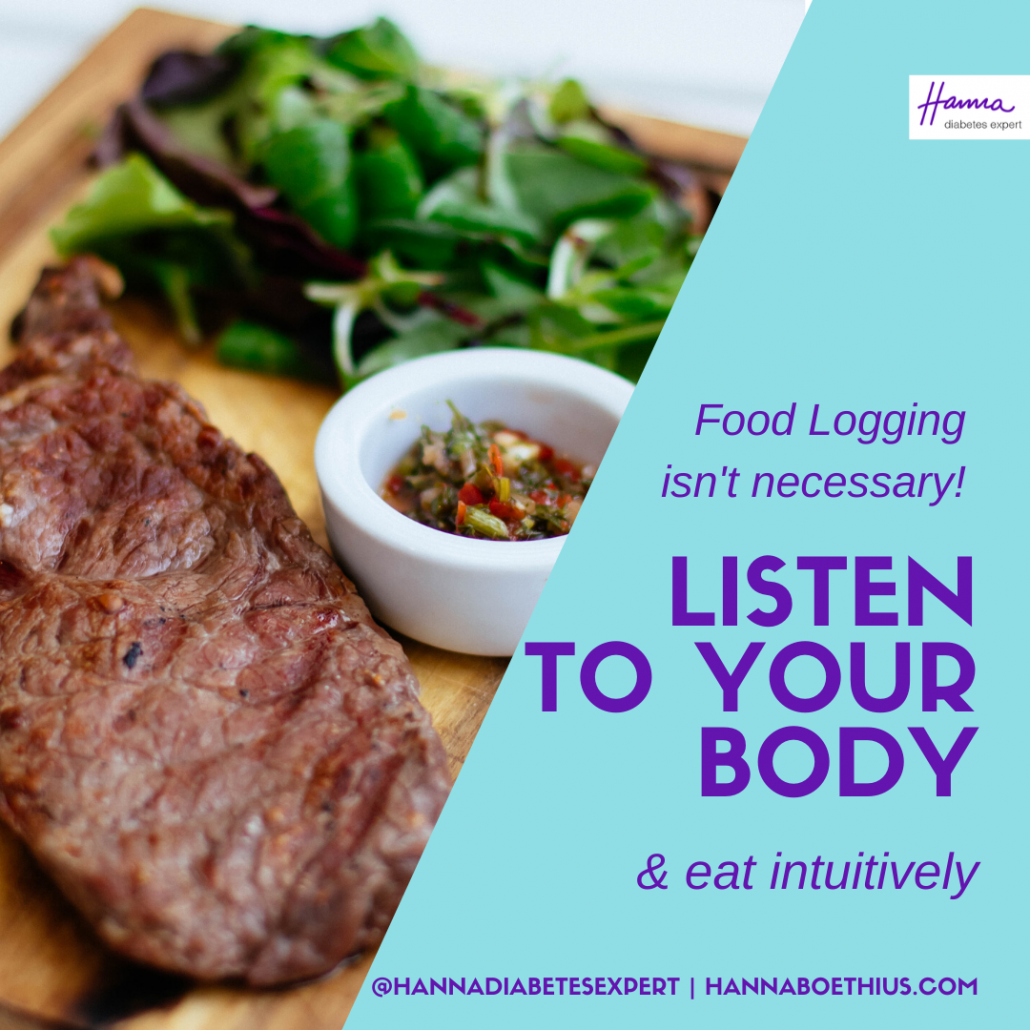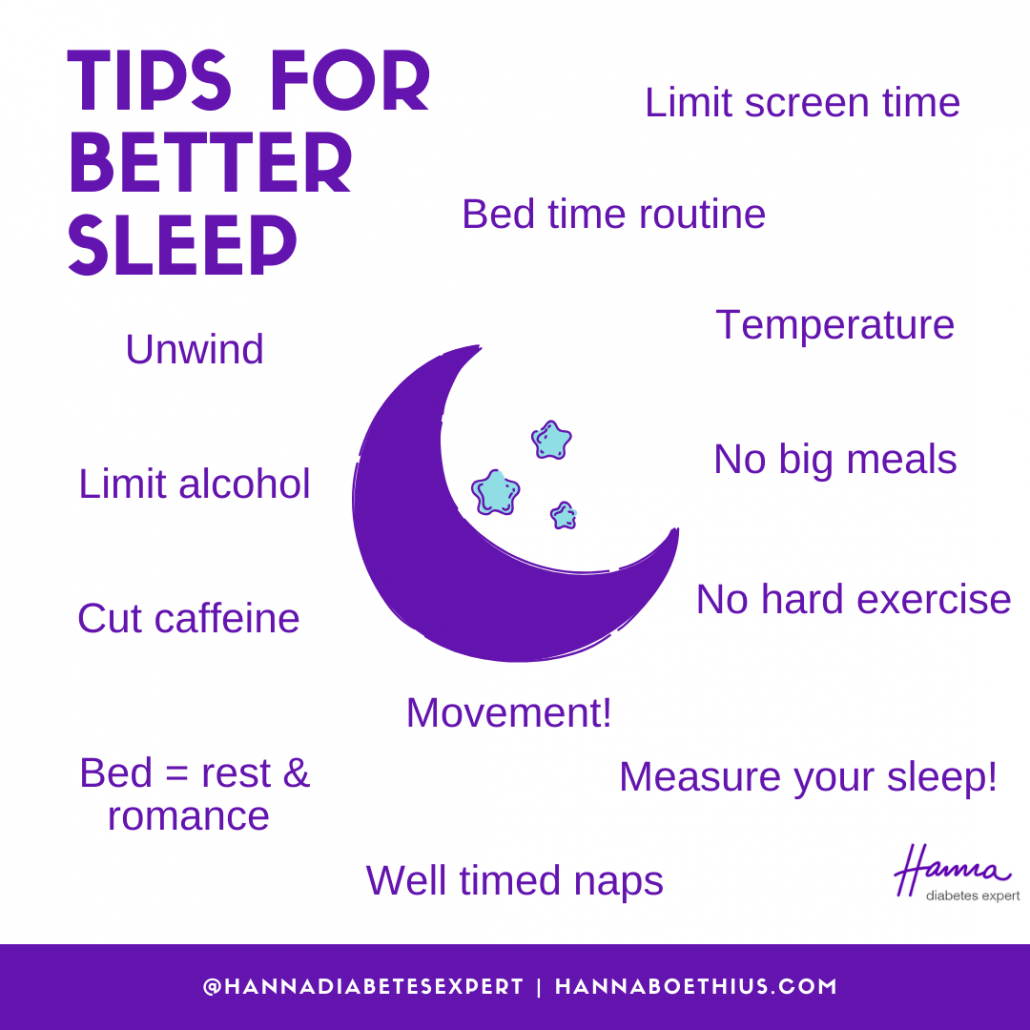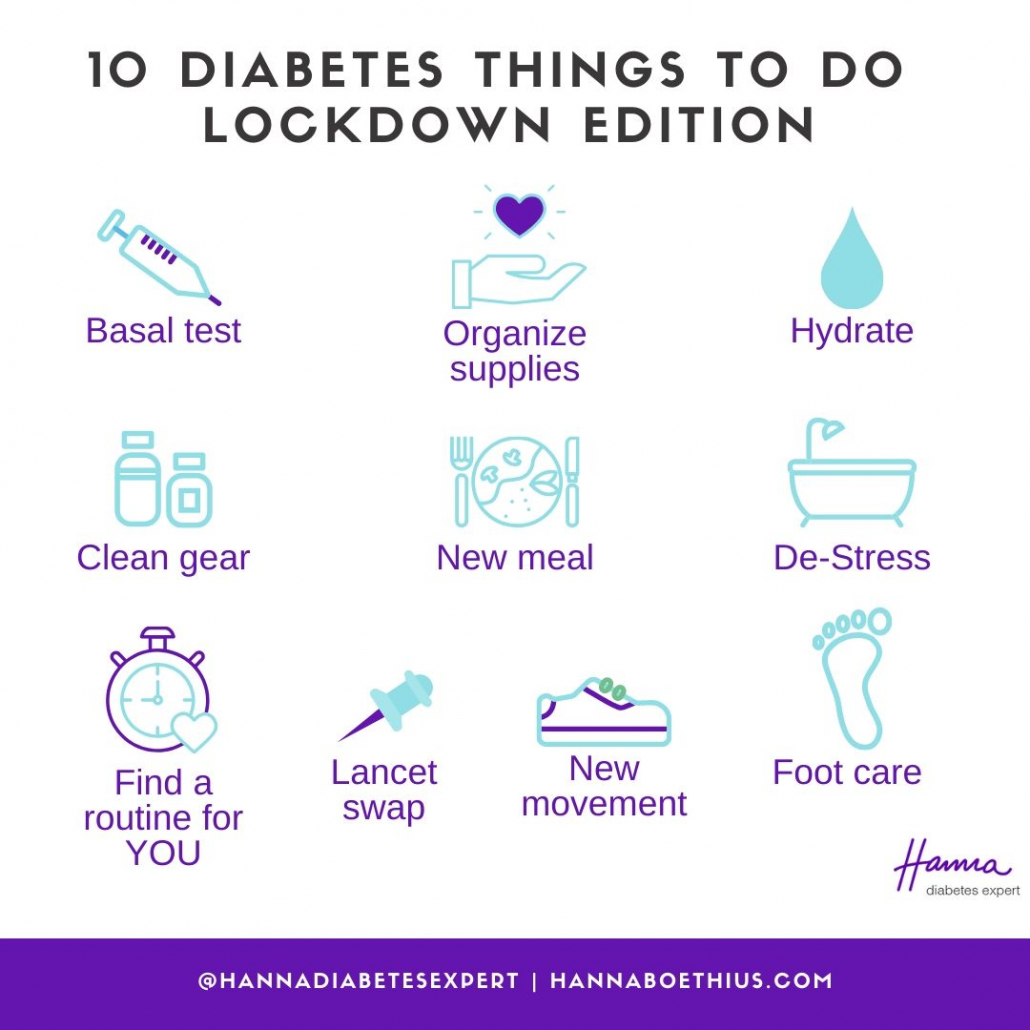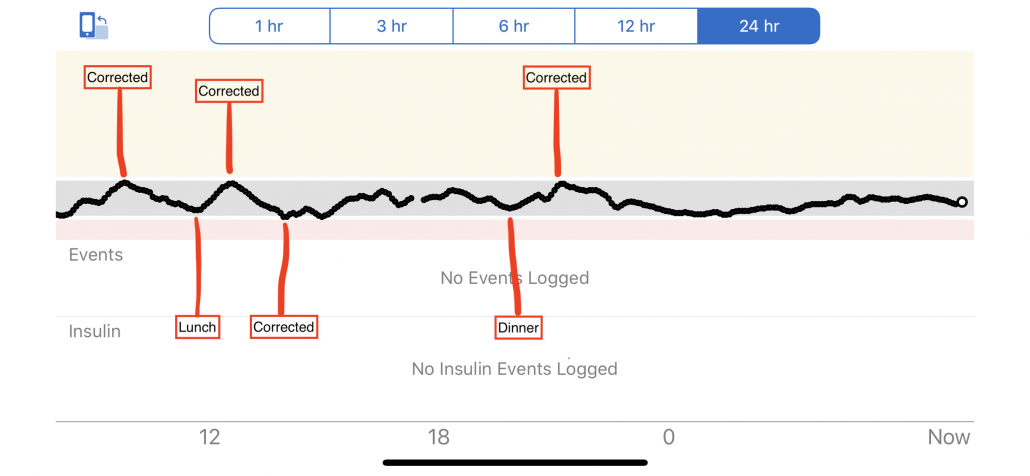Double Diabetes, Double The Fun? 😳
What on Earth is Double Diabetes? How does it develop, and who is at risk to get it? Are there ANY solutions to it?
Learn this and so much more from this week’s episode of Type 1 Thursday:
What is Double Diabetes?
Double Diabetes is when a person with Type 1 Diabetes develops severe insulin resistance. They may need to use medications that are traditionally used for Type 2 Diabetes, essentially having developed both types of diabetes – hence the term Double Diabetes.
The problem is that T2D can’t really be diagnosed in T1D, no glucose tolerance test or blood insulin measurements will be accurate. Instead, the clinical diagnosis goes a little something like this: do you need a lot of insulin? IS your BMI high (although BMI isn’t even a reliable measurement!), Waist to height ratio high? High blood pressure= Fatty liver? High HbA1c?. If you are T1D and do have these, you could be in the risk zone for Double Diabetes (and no, it isn’t double the fun!). Whether the insulin resistance comes from T1D, lifestyle factors or it’s genetic, the result is the same.
Are there any solutions to Double Diabetes?
We know from the T2D, some cases of it can be reversed with lifestyle changes. But T1D will always persevere. My top tip to cut down the insulin resistance would be to decrease the amount of carbs you eat. It works (and is an acknowledged treatment) for T2D, which is half of the issue!
I actually think I was a Double Diabetic before I changed my lifestyle in 2011. Since the term was coined in 1991, there hasn’t been much activity in this field until very recently, so I was never diagnosed. But I needed an almost obscene amount of insulin, along with the other symptoms mentioned above… 🤷🏻♀️
Have you heard of Double Diabetes before? Do you have any experience with it? Let me know in a comment!
Disclaimer
The only purpose of this website and video is to educate and to inform. It is no substitute for professional care by a doctor or other qualified medical professional. This website and video is provided on the understanding that it does not constitute medical or other professional advice or services. Instead, we encourage you to discuss your options with a health care provider who specializes in treating Type 1 Diabetes.




